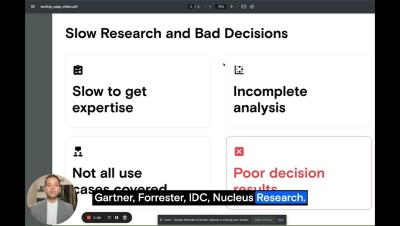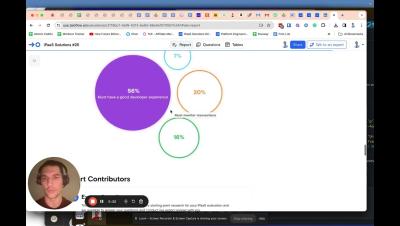How to Select the Right Software by Engaging Stakeholders
Stakeholder analysis in software selection involves a systematic approach to identifying, analyzing, and managing the needs and expectations of stakeholders. Engaging diverse stakeholders, including end-users, IT staff, and executive sponsors, is crucial during the software selection process. This ensures a comprehensive understanding of requirements and impact.











